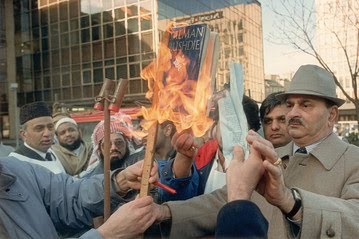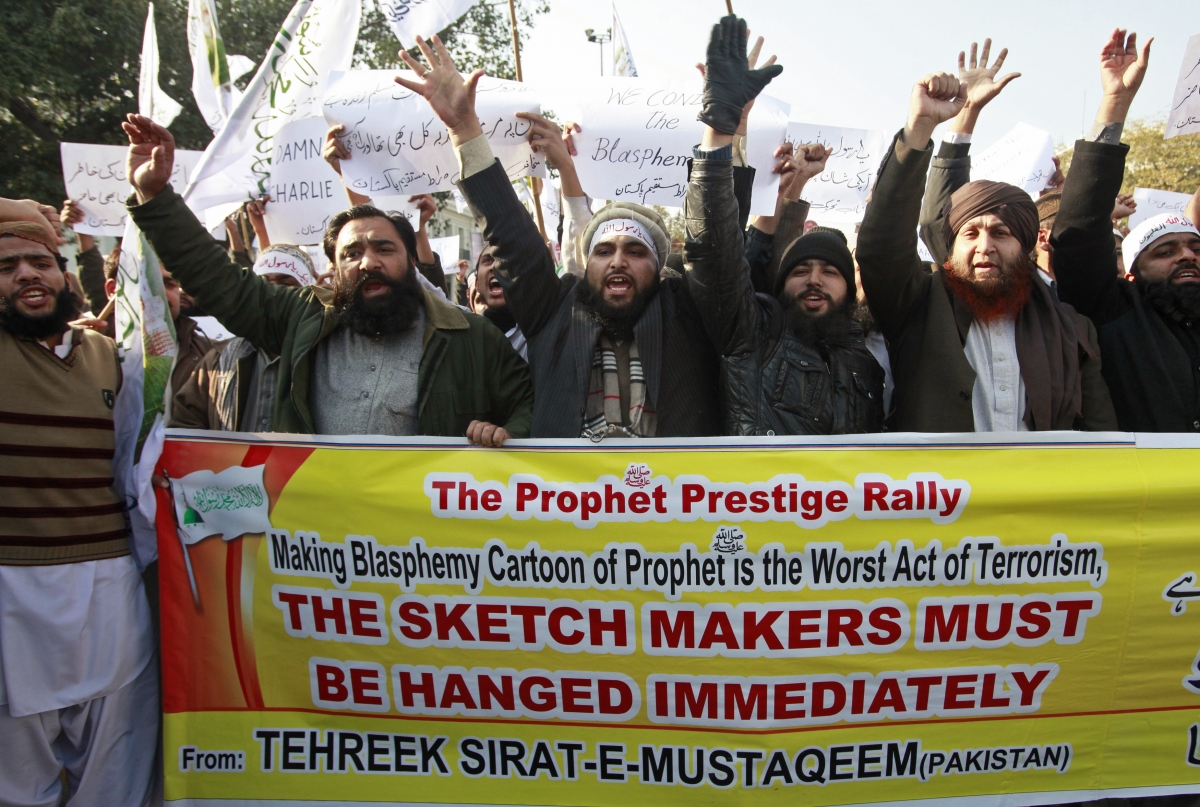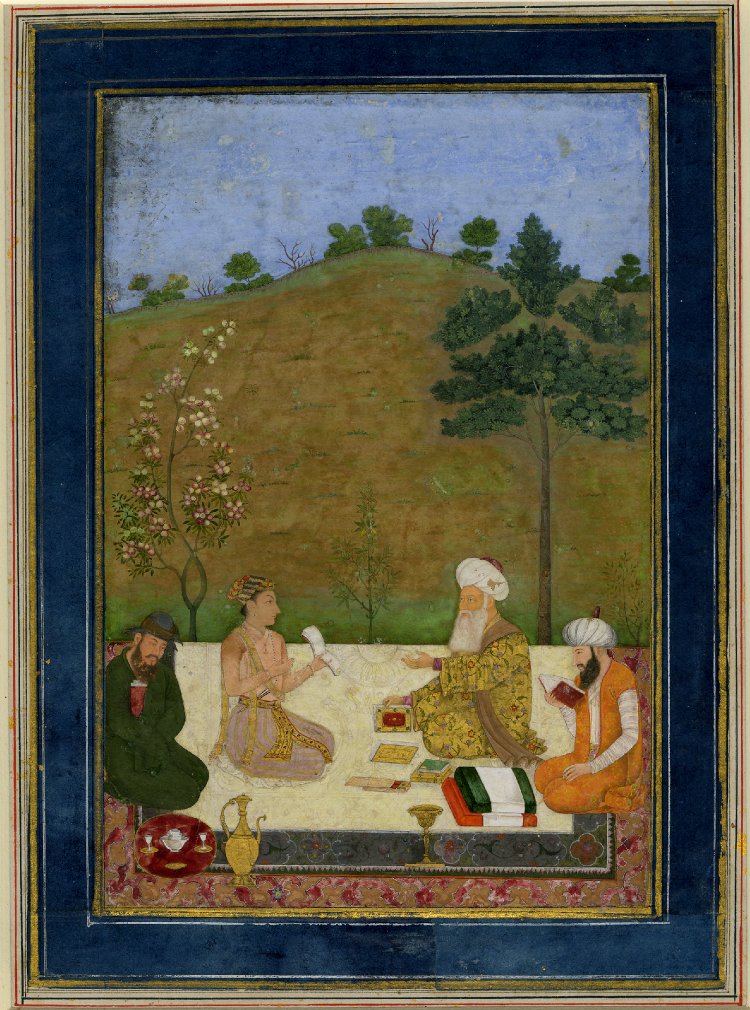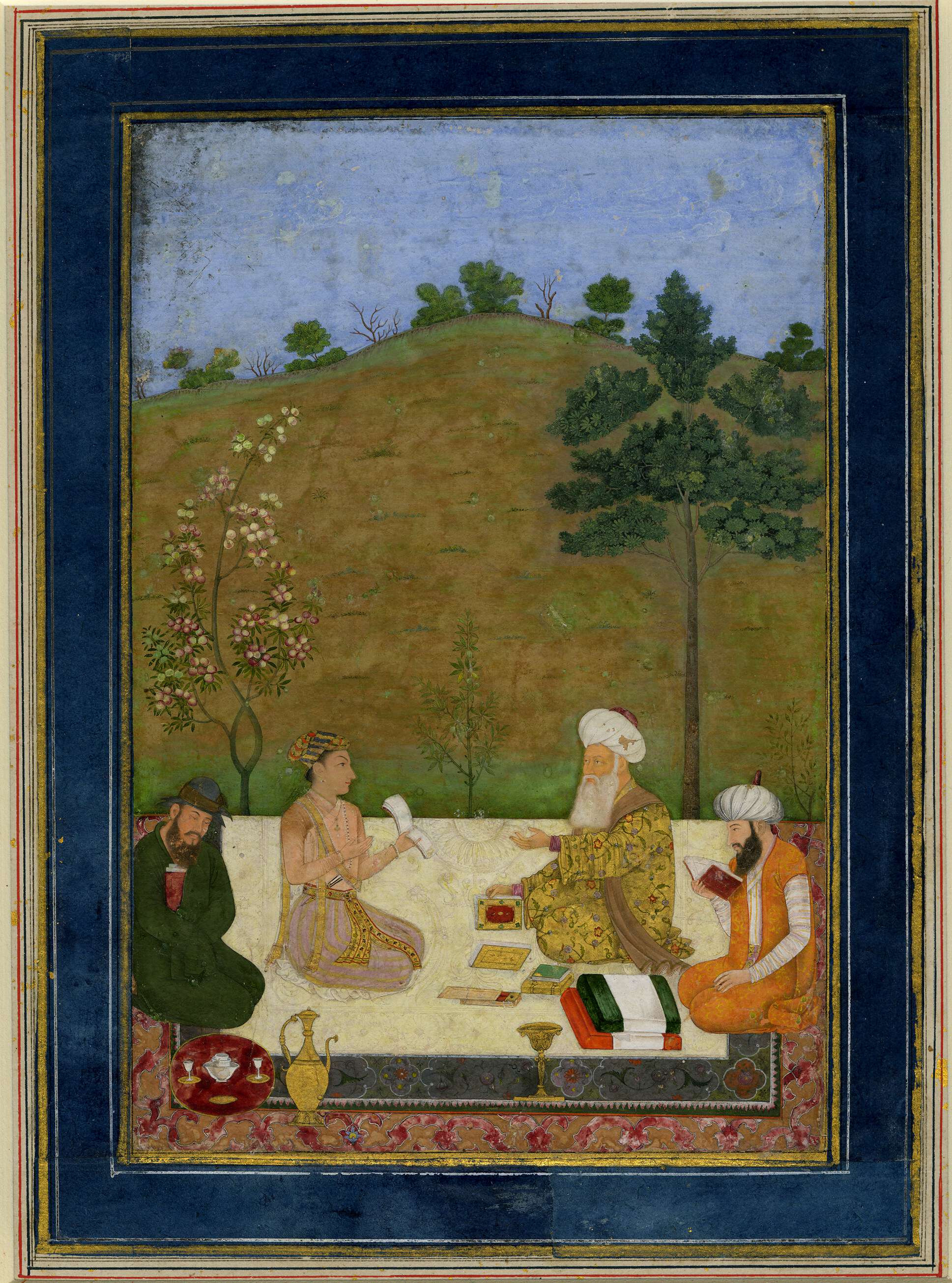Mr Hamid Hussein, one of the best and most well-informed commentators on the Pakistan army (and the British Indian army and it’s other daughter armies) has sent in this piece:
Year in Review and Year Ahead– Pakistan Army in 2014-15
Hamid Hussain
“A general who advances without coveting fame and retreats without fearing the disgrace, whose only thought is to protect his country and do good service to his sovereign, is the jewel of the kingdom.” Sun Tzu
General Raheel Sharif was appointed Chief of Army Staff (COAS) in November 2013. He decided to work with the existing team of senior officers and didn’t embark on a major re-shuffle right after assuming charge. The responsibilities of COAS of Pakistan army are not limited to the army and he invariably gets involved in domestic politics as well as foreign relations. The argument whether the COAS pushes the door or politicians through their own incompetence opens doors as well as the windows for him to enter the corridors of power is as old as the emergence of Pakistan as an independent state in 1947.
In 2014, General Sharif worked to take control of his own institution, gently pushing civilians on some areas of interest of the army and mediated among quarrelling politicians. This trend will likely continue in 2015. General Sharif opted for a different approach and decided to work with the senior brass put in place by his predecessor, General Ashfaq Pervez Kayani rather than bringing about a new team immediately. This meant that he was first among the equals at the decision making table. I was not expecting forceful decisions from General Sharif, but I was pleasantly surprised when he took the decision about launching operation in North Waziristan quite early in his tenure.
In the last ten years, there has been a gradual shift in the thought processes of the officer corps. Earlier there was debate amongst the senior brass regarding the balance between negotiations and military operations. In recent years, there has been a decisive shift towards clearing all the swamps. In the last year of General Kayani’s tenure, the majority opinion among the inner core was in favor of clearing North Waziristan. The army had completed all their preparations but General Kayani demurred due to reasons best known to him (since his retirement, many are now critical on many of his decisions during his extended tenure). Now with a new COAS, the consensus amongst the existing team and the new chief being first among the equals at the table made the decision about the operation easy.
In 2014, General Sharif used the normal retirement process to bring about a new team. This prevents friction amongst the senior brass and was the correct approach. Newly promoted officers were appointed to important command and staff positions, that included four Corps commanders. General Sharif will be now be presiding at conferences where other members around the table are quite junior to him. This will enable him to carry the team easily with him.
In 2014, there were three main areas of friction with the new civilian government headed by Prime Minister Nawaz Sharif; the decision on a military operation in North Waziristan, the trial of former army chief General Pervez Musharraf and the large scale demonstrations in the capital by a cleric, Tahir ul Qadri and recently empowered political party Pakistan Tehreek-e-Insaaf (PTI) led by Imran Khan with the clear goal of ousting the elected government.
The case of operation in North Waziristan is tragic. Both the previous Pakistan People’s Party government as well as provincial government of Awami National Party (ANP) pushed for the military operation, the army demurred and now when the army decided to take action in 2014, the new civilian government demurred fearing a backlash and started to drag its feet. Both army and civilian rulers share the blame; petty personal and institutional interests clouded their judgement about strategic threats. Finally, when the army announced the start of the operation the civilians simply tagged along.
The army as an institution doesn’t want a public humiliation of their former chief. In addition, General Sharif has had a long personal association with General Musharraf. General Sharif’s elder brother Major Shabbir Sharif was a decorated soldier and was killed in action in 1971. He was General Musharraf’s course mate and he was what Musharraf wanted to be. Since 1998, General Musharraf was more like an elder brother to General Sharif and his career was personally overseen by General Musharraf. As a Brigadier, General Musharraf gave him choice between his Private Secretary (PS) or a course at the Royal College Defence Studies (RCDS) in London and Sharif chose the later. Musharraf promoted him to two stars rank and gave him the choice appointments as GOC of Lahore based 11th Division and later Commandant of Pakistan Military Academy (PMA). The Army brass want the government to give General Musharraf a safe exit, while the civilian government wants the courts to drag him through the coals.
A third complicating factor was the announcement of Tahir ul Qadri and Imran Khan to stage mass demonstrations in the capital to oust the government. Tahir ul Qadri openly asked for direct army intervention. On the other hand, former Director General Inter Services Intelligence (DGISI) Lieutenant General Ahmad Shuja Pasha had some contacts with Imran Khan and many of the politicians who were associated with General Musharraf later joined Imran Khan this raised concerns that Imran had support of the army. To make matters worse, relations between the Prime Minister and DGISI Lieutenant General Zaheer ul Islam deteriorated on the issue of an assassination attempt on a famous journalist and television anchor. Adding fuel to the fire, some senior army officers were also not happy with the Prime Minister. With this background, when massive demonstrations were staged against the government in the capital, the Prime Minister concluded that the army has given its blessing to these manoeuvres. Tahir Qadri and Imran Khan assumed too much and over read the briefs without calculating the impact of the change of command. The trio of the P rime Minister, Imran Khan and Tahir ul Qadri reached such an impasse that General Sharif had to mediate, further eroding civil-military relations. In the process, he re-asserted the army’s control in several important areas.
The year 2014 ended on a very sad note on December 16th, when militants attacked a school run by the army and killed 141 people, 132 of them children. Following the precedent of reacting to events, in a knee jerk reaction, the civilian government started the wholesale hanging of convicted terrorists, telling teachers to come to schools armed with handguns and announcing plans without any homework which they neither had the capacity nor the will to carry out. The Army asked for and got a constitutional amendment in two weeks authorizing the establishment of military courts to try terrorists. Things which should have been done ten years ago with thoughtfulness and coordination were done in hours after the atrocities sowing even more confusion. Neither the Pakistani public nor the international community is confident from such measures.
In 2015, General Sharif will likely continue on the same path, guiding the army in ongoing operations, managing his senior brass and to position senior officers to succeed him in 2016. In addition to national security, he will try to keep a firm control on the key foreign policy areas especially relations with Afghanistan, India and United States. To do this involves keeping open independent channels of communication with Kabul, Washington, London and Beijing and this will invariably keep civil-military relations on a rocky road.
In 2015, two major shuffles will occur in April and October when eight Lieutenant Generals will be hanging up their boots. Among these eight Lieutenant Generals are four Corps Commanders. Appointments in 2015 will also show General Sharif’s own preference about his succession. In my opinion, only three senior officers qualify to fill the COAS post in 2016. They are the current Chief of General Staff (CGS) Lieutenant General Ishfaq Nadeem Ahmad, the current Rawalpindi based X Corps commander Lieutenant General Qamar Javed Bajwa and the current Military Secretary (MS) Lieutenant General Mazhar Jamil. The current DGISI Lieutenant General Rizwan Akhtar will be too junior to be considered for the position. However, his role will be crucial in the next two years. By the fall of 2015, Ishfaq, Qamar and Mazhar would have completed at least two years in their present positions and moving them around will put all three in a position to succeed him. One possibility is swapping the positions of Ishfaq and Qamar while moving Mazhar to command of a Corps (probably Lahore as command of Multan Corps is usually given to an Armored Corps officer). After this repositioning, all three officers will be equally qualified to succeed General Sharif in the fall of 2016.
General Ishfaq is from the 62nd Pakistan Military Academy (PMA) Long Course and was commissioned in the 34th Azad Kashmir (AK) Regiment. He is generally respected for his professionalism. His career is typical of any senior officer serving as Chief of Staff (COS) of the Mangla based I Corps at Brigadier rank, he commanded the 37th Infantry Division operating against militants in Swat and then as Director General Military Operations (DGMO) at Major General rank before his promotion to Lieutenant General. In November 2013, he was brought in as CGS.
Lieutenant General Qamar Javed Bajwa is from the Baloch Regiment. He served as the Chief of Staff (COS) of the Rawalpindi based X Corps at Brigadier rank, then GOC of Force Command Northern Area (FCNA) and Commandant of School of Infantry & Tactics at Major General rank. He was promoted to Lieutenant General rank in August 2013 and appointed Corps Commander of the Rawalpindi based X Corps.
Lieutenant General Mazhar Jamil is a gunner. He served as GOC of the Lahore based 10th Division, Commandant of the PMA and Vice Chief of General Staff (VCGS) before elevation to Lieutenant General rank in September 2013 and appointed Military Secretary (MS).
General Rizwan Akhtar was commissioned into the 4th Frontier Force Regiment. He is considered a good officer by his peers. His career is also typical of senior officers reaching Lieutenant General rank with usual command, staff and instructional appointments. He commanded the 27th Infantry brigade of the 7th Infantry Division from 2005-07. However, all North Waziristan formations were essentially restricted to their posts and there were no offensive operations. The Army was busy cleaning the South Waziristan and the swamps of North Waziristan were rapidly filling with alligators of all shapes and hues. The Army high command was simply reacting to events on the ground with the result that it lost the support of local population in tribal areas. In 2011-12, he was GOC of the 9th Division operating in South Waziristan. He was Director General (DG) of the Sindh Rangers in 2012-14 and involved in the clean-up operation against criminal elements in the city of Karachi. In October 2014, he was promoted to Lieutenant General rank and appointed DGISI. In 2005 as Brigade commander in North Waziristan, he prepared a detailed report about the threats emanating from North Waziristan and response options. In 2008, while at the US Army War College at Carlisle Barracks, Pennsylvania, Rizwan wrote his course paper on the U.S.-Pakistan trust deficit and the war on terror. He made several recommendations on how to bridge the gap in trust between Pakistan and the USA. Now as DGISI, his position enables him to address both these issues – only time will tell how successful he will be in this endeavor.
Generals Ishfaq and Rizwan are the two senior officers amongst the inner core who are in a position to contribute effectively towards the successful conduct of operations, to stay the course while helping to create favorable regional and international dynamics that are beneficial to Pakistan. They are part of the inner core decision making process and if they can continue on the track of the multiple tasks: of completing major military offensives against militant strong holds, trying to improve relations with India and Afghanistan, slowly disentangling Pakistan from the snake pit of Afghanistan and help the COAS to stays in his own lane.
An important task for Generals Sharif and Rizwan is to keep the ISI as an organization on the right track. The majority of serving officers in ISI have no intelligence background, they come for a two to three year stint. This stint has become an important part of climbing the promotion ladder, so they tend to be very cautious, relying too much on reports generated from lower levels without being subject to rigorous questioning (although there are some exceptions). They should demand from all ISI deputy directors to take full control of their respective departments and ensure that the direction from their commanders is carried out in both the letter and the spirit. Some old hands in both the civilian section as well as retired army officers serving on a contract basis need to be moved out as the new generation are fully aware of the changed threat environment so need to be represented at all levels.
One crucial factor in the coming years is the issue of independent external funding of Pakistan’s armed forces. It is clear that with the winding down of the U.S. mission in Afghanistan, budget allocations to Pakistan will be markedly reduced especially for the army. It is likely that a Middle Eastern expeditionary force will be assembled and so more U.S. funding could follow. The great assembly of extremists of all shades, as well as the mother of all sectarian wars is being fought in the Middle East spanning many countries. It will be very tempting for the army command to try and get some piece of the Middle Eastern pie – as the Afghan pie will likely morph into a cookie.
In my opinion, the Pakistan army command should make every effort to stay miles away from the mess of the Middle East despite the instant gratification of some short term financial benefit. The blow-back from Afghanistan is shaking the very foundations of the Pakistani state and Pakistani society and army have paid a heavy price. Pakistan simply does not have the luxury in both capability and will to bear the brunt of another conflict which is becoming more vicious by the day and nobody can predict how things will settle down in the Middle East.
It was expected that after his two previous stints as Prime Minister, Mr. Nawaz Sharif would bring some maturity to the position along with a change from a highly personalized to an institutional form of government – instead his performance in 2014 has been dismal. The government is drifting from crisis to crisis and is unable to present a coherent plan to tackle the critical issues. The space left by civilians is invariably being filled by the army, especially in the security and foreign policy arenas. The Prime Minister needs to bring discipline and professionalism in his team. The security and foreign policy teams should be re-organized by bringing in young and energetic members who get an input from both the professionals in the police and the foreign office as well as outside experts.
The army is by comparison better organized, has better institutional norms, but still has its own problems. Promoting officers and giving them important assignments under whose command hundreds of soldiers deserted, officers who cannot even protect their own offices when their headquarters were bombed by militants with impunity or under whose nose hundreds of militants enter a major city, break open the city jail and free over two hundred prisoners who then go back to their lairs is not a good omen for the army. This has a very negative impact all along the chain of command.
My personal view which has not changed in the last decade is that if any COAS can get the courage to sack a dozen or so officers that will go a long way to improve things. The army brass needs to work within the system and while bypassing civilians is easy, it will aggravate relations and make things more complicated in the long run.
the conflicts of the last decade have put a severe strain on the Pakistani state and society. The Pakistan army is not immune from these changes. One simple fact should be remembered by everyone that civilians and soldiers are on the same team. It is the responsibility of every player to avoid a selfish goal. Friction is expected in any polity, but minimum working relations are mandatory. The personalized decision making process of the Prime Minister and COAS will only aggravate civil military relations as distrust is mutual. Civilian and military leadership should establish institutional mechanisms that will improve working relations, generate respect and ensure continuity of policies.





 In Niger, crowds have
In Niger, crowds have 











